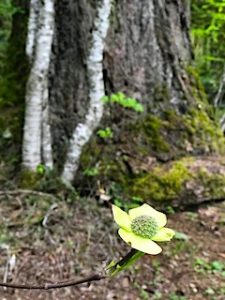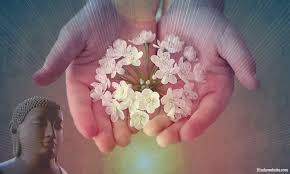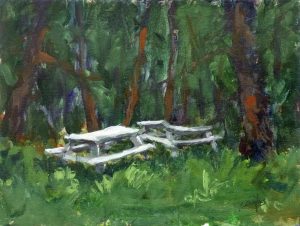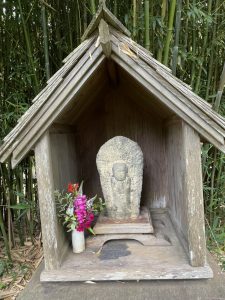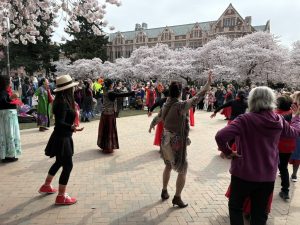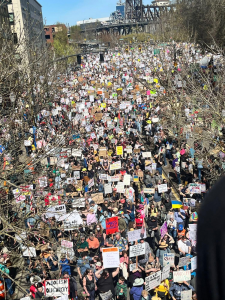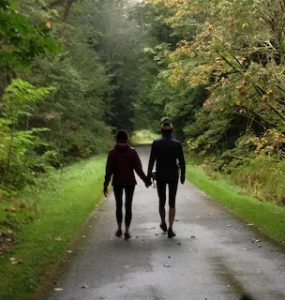 The Columbia City Yoga on-line Moving into Meditation class met this morning. We explored the insights of life’s inescapable impermanence and uncertainty. They can invite us into a relationship with the world beyond the self. In realizing inter-being we can know that to heal the world is to heal the self. We can love what we know we will lose.
The Columbia City Yoga on-line Moving into Meditation class met this morning. We explored the insights of life’s inescapable impermanence and uncertainty. They can invite us into a relationship with the world beyond the self. In realizing inter-being we can know that to heal the world is to heal the self. We can love what we know we will lose.
Today’s class was inspired by the work of Zen teacher and writer Susan Murphy. Susan was part of the 2025 Tricycle Magazine’s Buddhism & Ecology Summit. She shared her experience of living through the 2019 Australian mega-fires. As you might remember the Currawon fire went on for months devouring forests, towns, people and billions of creatures. The smoke and ash were visible around the world, impacting air quality and weather patterns.
 In her Tricycle Magazine article, Why Love What You Will Lose, she finds meaning in the Zen teachings on impermanence. Impermanence and loss offer us the direct experience of our inter-being. Life’s many losses can yield insights about loving life however brief or fragile. We express our love through caring actions which live beyond our knowing or imagining.
In her Tricycle Magazine article, Why Love What You Will Lose, she finds meaning in the Zen teachings on impermanence. Impermanence and loss offer us the direct experience of our inter-being. Life’s many losses can yield insights about loving life however brief or fragile. We express our love through caring actions which live beyond our knowing or imagining.
You can find Emergence Magazine’s excellent interview with Susan on-line: Earth as Koan, Earth as Self.

